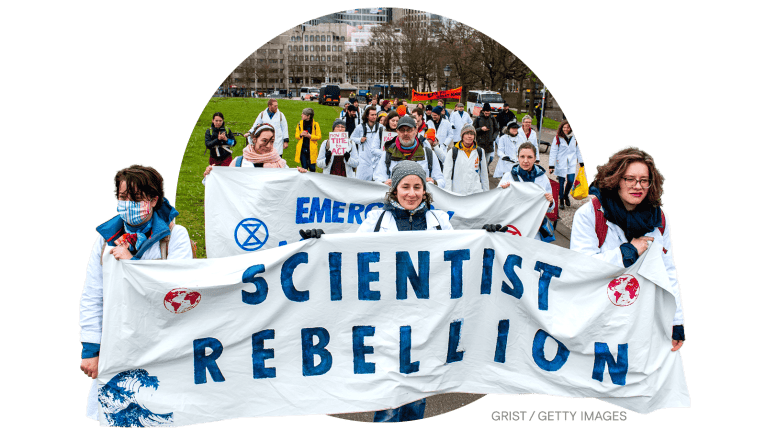It’s Wednesday, April 20, and it will soon be easier for Denver residents to electrify their homes.
Subscribe to The Beacon to get this newsletter in your inbox every morning.
This Earth Day, the Mile High City is going beyond tree-planting ceremonies and shelling out cash to help residents move away from fossil fuels. The city of Denver plans to launch a far-reaching rebate program for all city residents on Friday that would subsidize everything from heat pumps and solar panels to electric vehicle chargers, lowering the barriers to adoption for these emissions-cutting technologies.
“That’s our goal: Make it easy, make it cost-effective,” said Jonathan Rogers, a renewable energy specialist in Denver’s Office of Climate Action, Sustainability, and Resiliency.
Many of the rebates are intended to help residents replace gas-fueled home appliances with electric ones. For example, residents will be eligible for $9,000 toward energy-efficient heat pumps that heat and cool homes and $2,000 to upgrade their electric service panels — which should make it easier for homes to handle with greater electricity demand from new appliances. Some of the incentives will only be available when bundled, like a $4,000 rebate for solar panels, which residents will only be able to claim if they are also installing heat pumps. Together, the rebates will potentially offset the cost of home electrification by 80 percent.
Other rebates include $1,000 to set up fast charging for electric vehicles and a $400 rebate to offset the cost of buying an e-bike, which can replace short car trips for a fraction of the emissions. To make things easier, all rebates will be provided as an up-front discount, meaning Denverites won’t have to wait for reimbursements. The set of incentives will be funded with revenue from a 0.25 percent sales tax increase that voters approved in 2020.
Although many of the new rebates target homeowners, Rogers said the program would complement other efforts to boost equity and slash Denver’s greenhouse gas emissions. For example, a community solar program that the city first launched in 2017 generates utility credits that go to low-income families. “We’re coming up with a suite of options to enable everyone to participate and benefit from all the work that Denver is doing,” he told me.
In the news
Biden: Federal agencies must consider climate impacts of infrastructure projects
Diana Kruzman, Grist
➤ Read more
Fires then floods: Argentina province underwater months after blazes
Sebastian Toba and Lucila Sigal, Reuters
➤ Read more
Colorado River deemed ‘most endangered river’ in the US: Report
Sharon Udasin, The Hill
➤ Read more
People of color more likely to be harmed by pesticides, study finds
Aliya Uteuova, The Guardian
➤ Read more
US is set to launch a $6 billion effort to save nuclear plants
Ari Natter, Bloomberg
➤ Read more
The world’s forests: Decades of loss and change
National Geographic
➤ Read more

